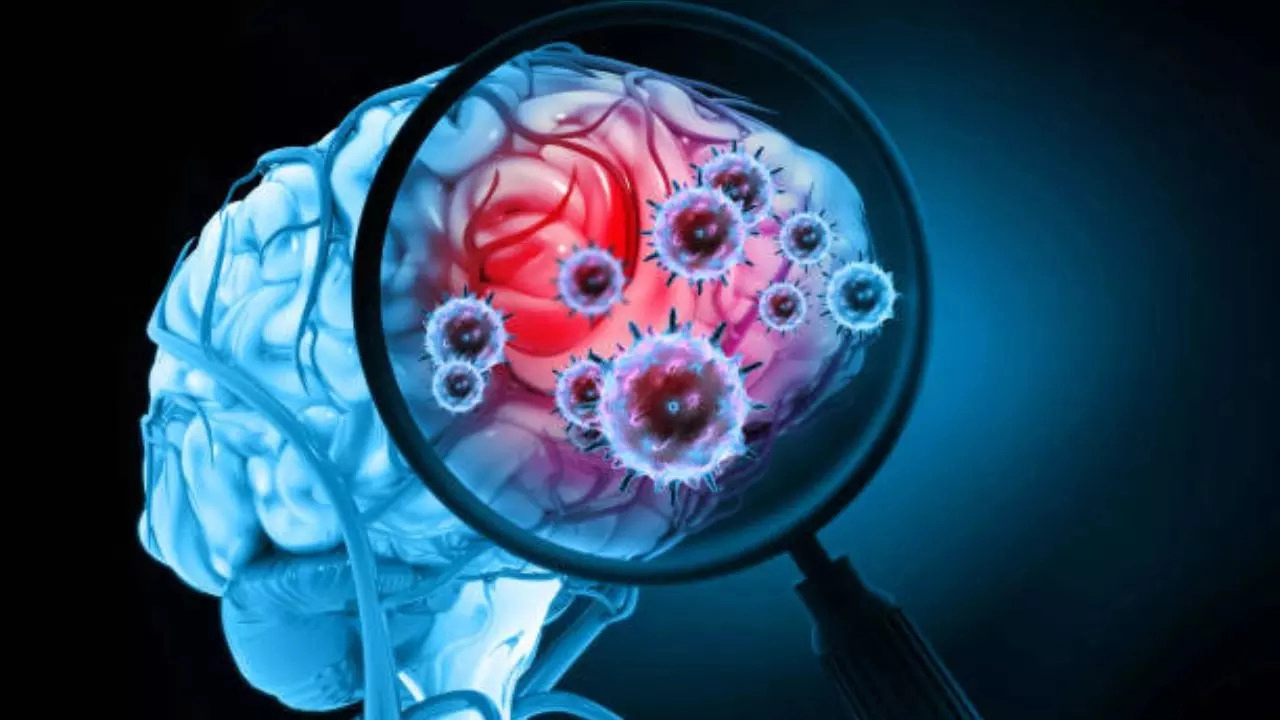Ashima Sharda Mahindra • 18 Jul 2024
India's Rice Belt Population At High Risk of Brain Infections During Monsoon, Warns Doctors; Know Why

Encephalitis is a serious, yet rare and potentially life-threatening condition that leads to inflammation of the brain
Doctors have raised an alarm about the surge of brain infections in coastal and rice belt regions in India during the rainy season. According to experts, high humidity and increased mosquito breeding in these areas are behind the significant increase in life-threatening and deadly cases of viral encephalitis and other brain infections.
Encephalitis is a serious, yet rare and potentially life-threatening condition that leads to inflammation of the brain. It is caused by infections or autoimmune conditions and can affect anyone, but mostly the children and elderly are most at risk. These infections damage the brain tissues, potentially causing a range of neurological symptoms.
According to recent data from The Lancet Global Health, coastal regions like Karnataka and Orissa, along with northeastern states like Assam and Tripura, and northern rice belt areas of Bihar and Uttar Pradesh are endemic zones for viral encephalitis in India.
Experts say weakened immunity levels among old people and children make them most vulnerable to these diseases. “The reason why children and senior citizens are more prone to catch such infections is because of their weaker immunity systems. Parents should be vigilant for symptoms such as rashes and loss of consciousness in their children during this season,” Dr. Sanjay Pandey, HoD, Neurology and Stroke Medicine at Amrita Hospital, told Times Now.
According to Dr. Pandey, early intervention is important in managing these infections effectively and improving patient outcomes. “Preventing mosquito breeding and protecting against mosquito bites are essential steps. If not treated timely, viral encephalitis can pave the way for parkinsonism, dystonia, and tremor,” he added.
Signs and symptoms of encephalitis
The symptoms of encephalitis vary depending on its type, which includes viral encephalitis, arbovirus encephalitis, and bacterial or fungal encephalitis. A few early warning signs of infective encephalitis include:
- Fatigue
- Headache
- High fever
- Mild to moderate neck stiffness
- Confusion
- Drowsiness
- Loss of consciousness
- Memory issues
- Nausea and vomiting
- Noticeable personality changes, like being very angry for no reason
- Seizure
- Speech issues
- Weakness or loss of movement in some parts of your body
“Tubercular brain infections require a prolonged course of anti-tuberculosis drugs. Fungal infections are treated with antifungal medications. Supportive care, including anti-seizure drugs, corticosteroids to reduce inflammation, and hospitalization, is often necessary. Advanced cases might require intensive care and surgical interventions. Access to these treatments varies, with urban centers generally offering more comprehensive care,” he said.
Ways to prevent infective encephalitis
You may be able to reduce your risk by:
Up-to-date vaccinations
Doctors suggest taking vaccinations against chickenpox, measles, mumps and rubella. Most people receive MMR vaccinations as children.
Mosquito protection
Infected mosquitoes can pose a serious health risk so make sure to prevent their bites by:
- Wearing protective clothes
- Using repellents
- Keeping your property dry
- Using screens and fans